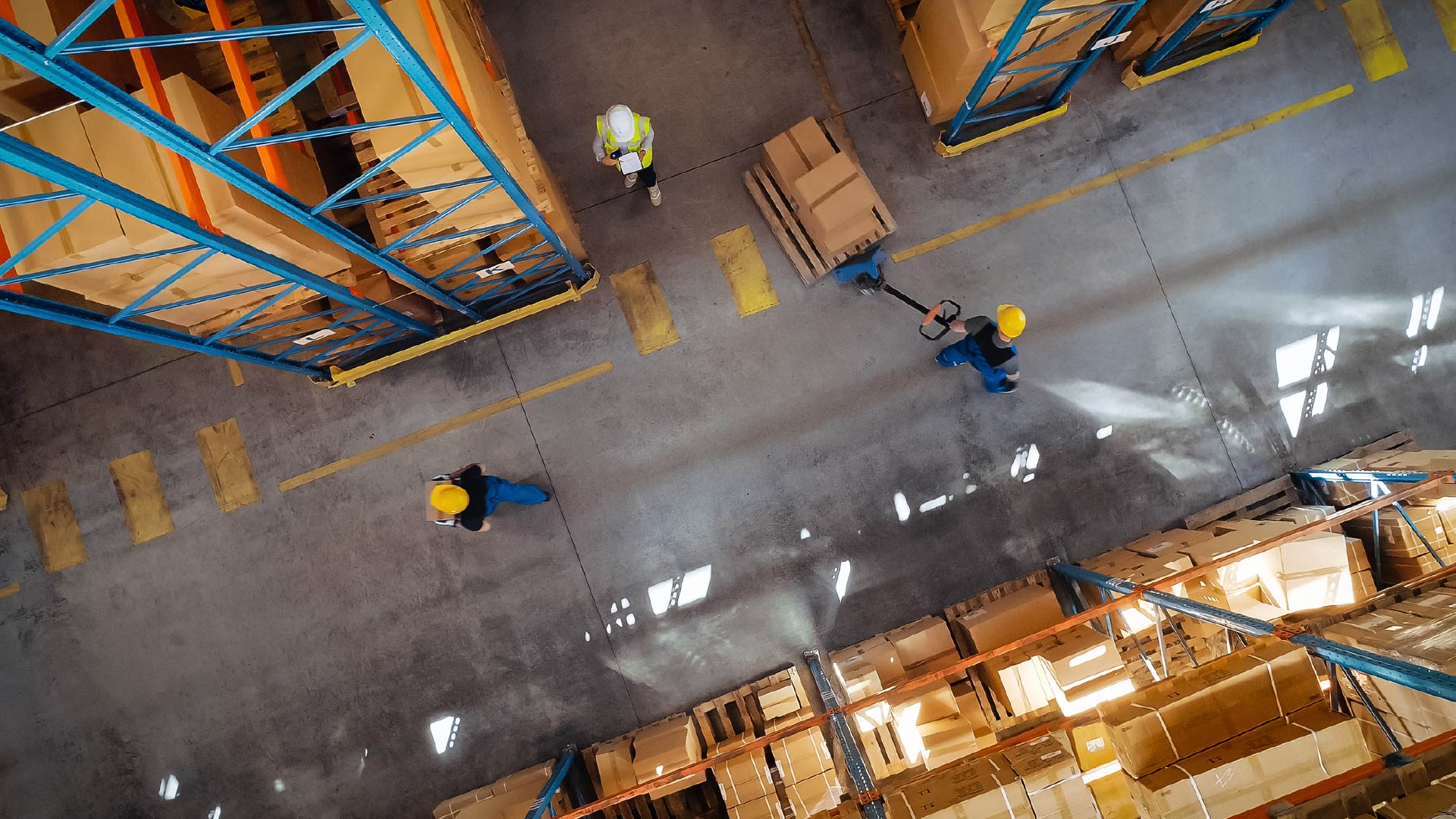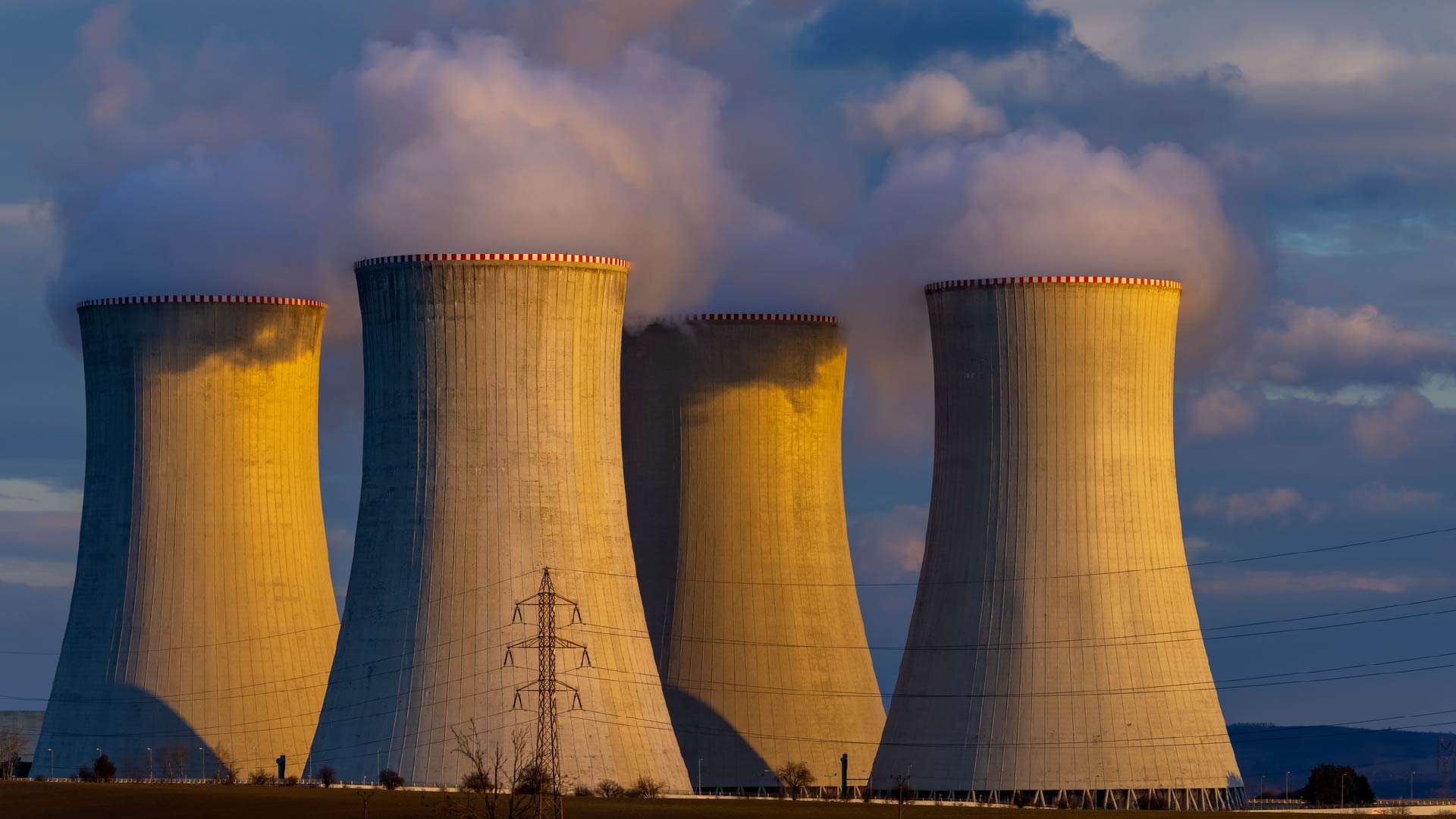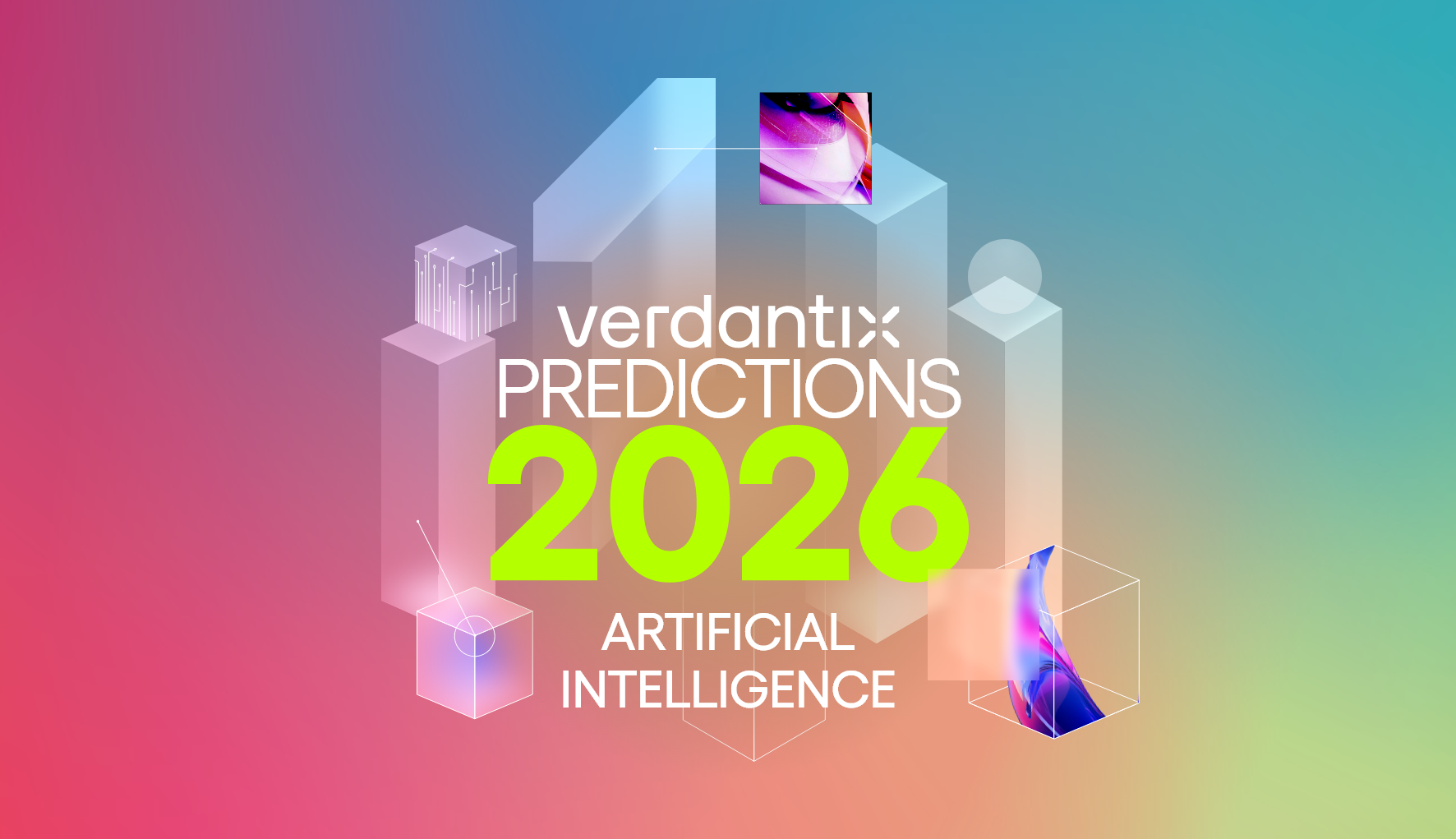Spend On Industrial AI Analytics Will Grow At A 24% CAGR
According to Verdantix research, spend on industrial AI analytics software will grow at a CAGR of 23.9%, to reach nearly $5 billion in 2028.
More than half of this spend in 2023 came from condition monitoring and predictive maintenance applications, although AI analytics for supply chain optimization is the category expected to witness the fastest growth over the next five-year period.
AI-driven analytics are an effective tool for industrial firms to increase their operational efficiencies, productivity and quality, while reducing emissions. This is illustrated by firms such as Michelin, which leveraged Cosmo Tech’s AI-Simulation platform to create an effective sourcing plan for the next five years, with the aim of increasing global profit margin, while accounting for CO2 emissions. Similarly, Bayer implemented TrendMiner’s advanced analytics software, and, by quickly finding the root cause of process anomalies, boosted its production capacity by 10%.
When broken down by industry, manufacturing and oil and gas accounted for almost 70% of total spend on AI analytics software in 2023, with the former representing nearly two-fifths of the total. North America and Europe take the lion’s share of current spend on AI analytics software, driven by investments by the EU (of up to €1bn ($1.08 billion) a year) and the US.
China and South East Asia, meanwhile, along with India and Central Asia, are expected to outpace the market, with CAGRs of 27.1% and 29.1%, respectively. Over the past two years, manufacturers in India have seen a 20% increase in adoption of AI and machine learning (ML) technologies. China has become a strong hub for AI research, second only to the US in terms of venture capital investments between 2012 and 2022, according to the OECD. Verdantix expects new market opportunities to emerge in these developing and rapidly digitizing economies.
With the democratization of AI-driven solutions, and many firms lacking fully staffed data science teams, we expect low/no-code solutions to become an increasingly attractive option. This will open new opportunities for vendors, but also for software buyers, allowing for the implementation of high-yield, data-driven solutions for smaller firms and those in developing countries.
For more information on the industrial AI analytics market, read the following Verdantix reports:
About The Author

Lucas Sala
Analyst




